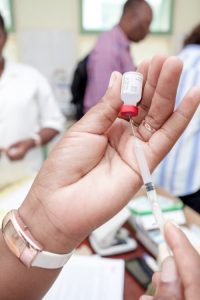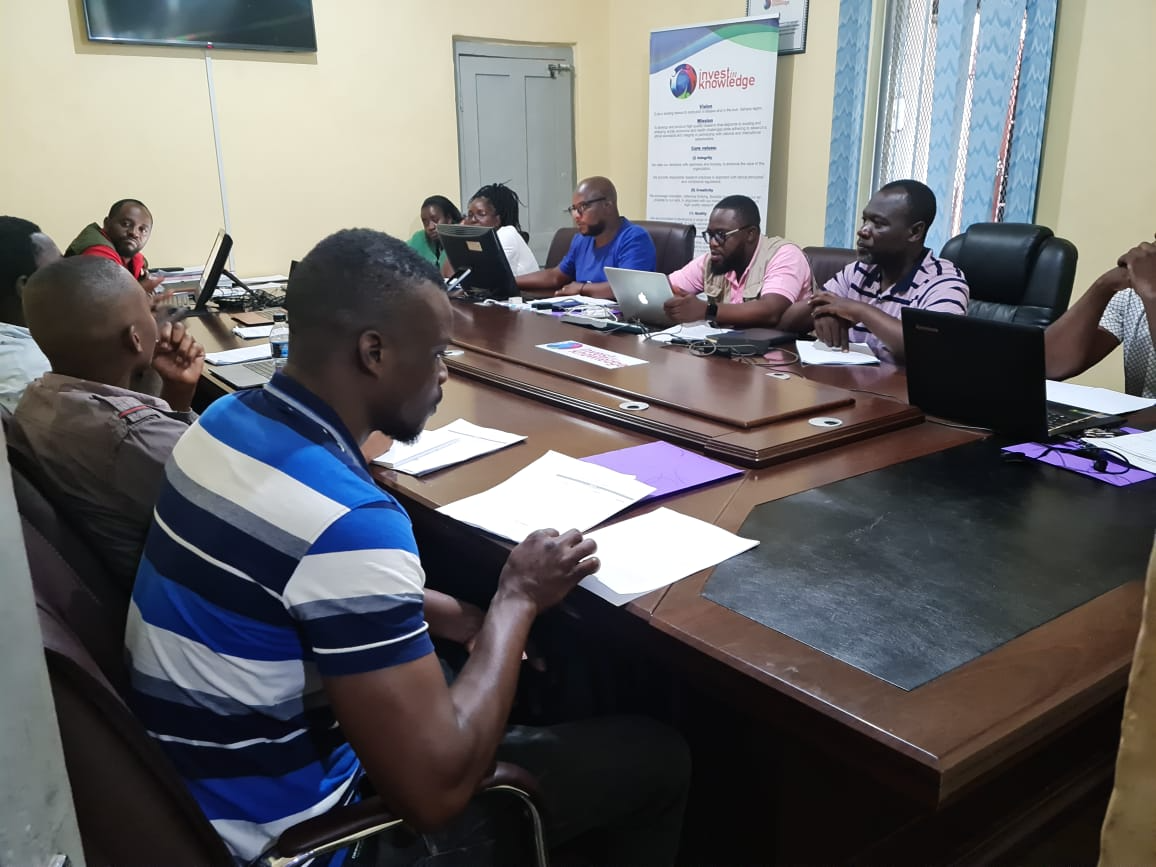Using the Vaccine Risk Score to Understand Cold Chain Performance in Malawi
In Malawi, Nexleaf and the Malawi Ministry of Health commissioned a local partner, Invest in Knowledge, to conduct a groundbreaking study on Vaccine Wastage.

Currently, one of the main indicators used to understand whether cold chains are performing well or not is uptime: the percent of time that cold chain equipment is within the WHO-recommended range of 2 to 8 °C. While this indicator provides a useful snapshot and helps to identify equipment that is not functioning properly, it does not always paint the full picture of the health of the cold chain. Uptime does not fully account for extreme fluctuations in temperature, nor does it allow healthcare managers to understand the cumulative effect of many temperature changes over time. Relying on uptime alone may create a false sense of security about the performance of the cold chain and lead to less-than-optimal decisions.
To gain insight into the health and overperformance of the cold chain, more data is necessary, which is where the vaccine risk score (VRS) comes in. The vaccine risk score (VRS) is a metric developed by Nexleaf to estimate the remaining life of vaccines using combined data from remote temperature monitoring (RTM) data and vaccine vial monitor (VVM) models. VVMs are small indicators that adhere to vaccine vials and change color as the vaccine is exposed to cumulative heat, letting health workers know whether the vaccine has exceeded a pre-set limit beyond which the vaccine should not be used. This study on VRS will enable healthcare managers to understand the impact of real-world conditions on vaccine life at different points in the cold chain and to manage risk accordingly.
The study explores the relationship between uptime, VRS, and other indicators of cold chain performance to explain the impact of real-world conditions on contributing to vaccine wastage. Additionally, interviews with frontline health workers will help to understand attitudes and behaviors more broadly related to cold chain failures. By applying VRS in a real-world health system, this study will build a tool for the Malawi MOH to better assess and manage its vaccine cold chain in the future.
The project started in April, and the final study report will be ready by the end of July 2023.

